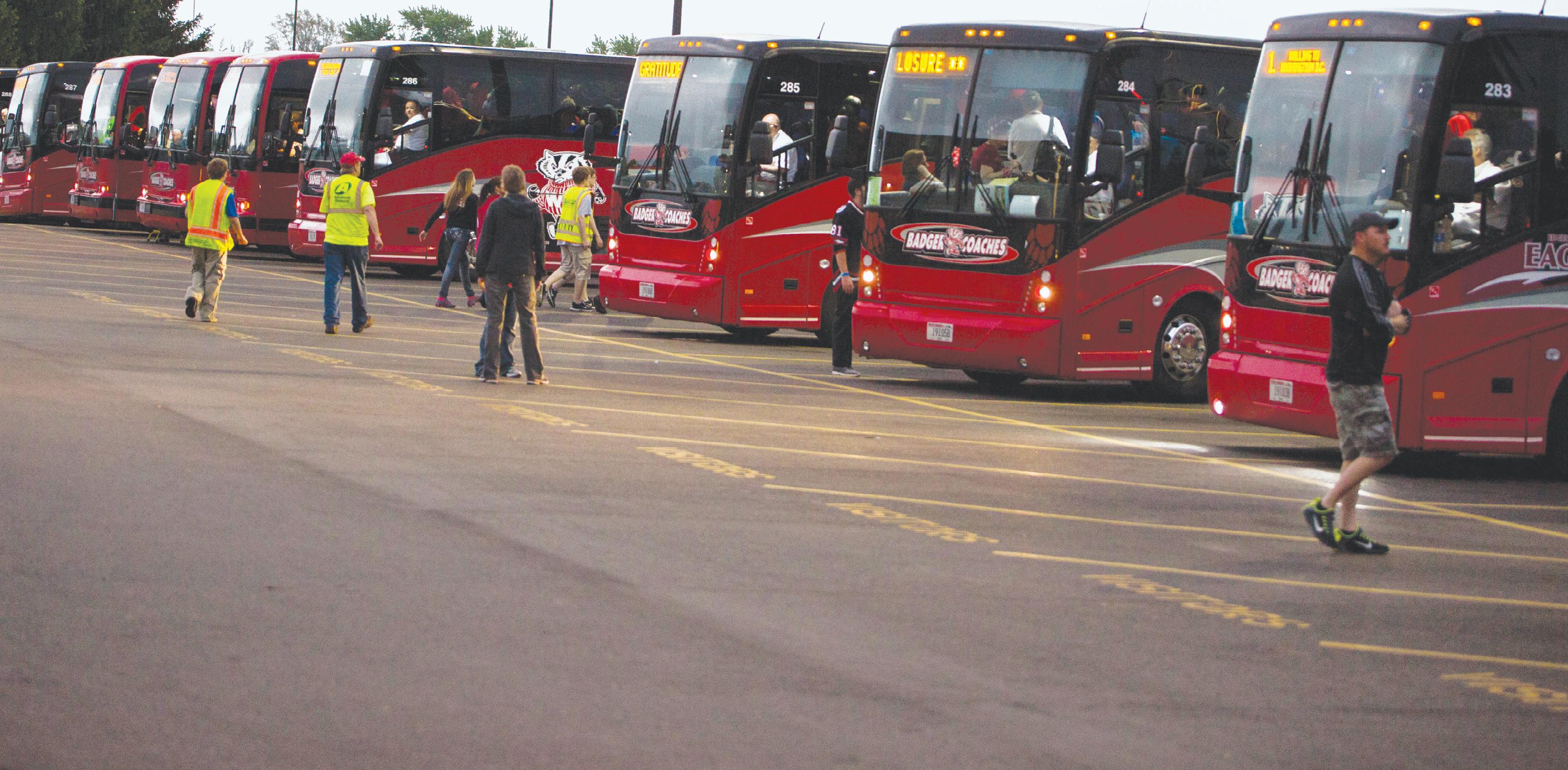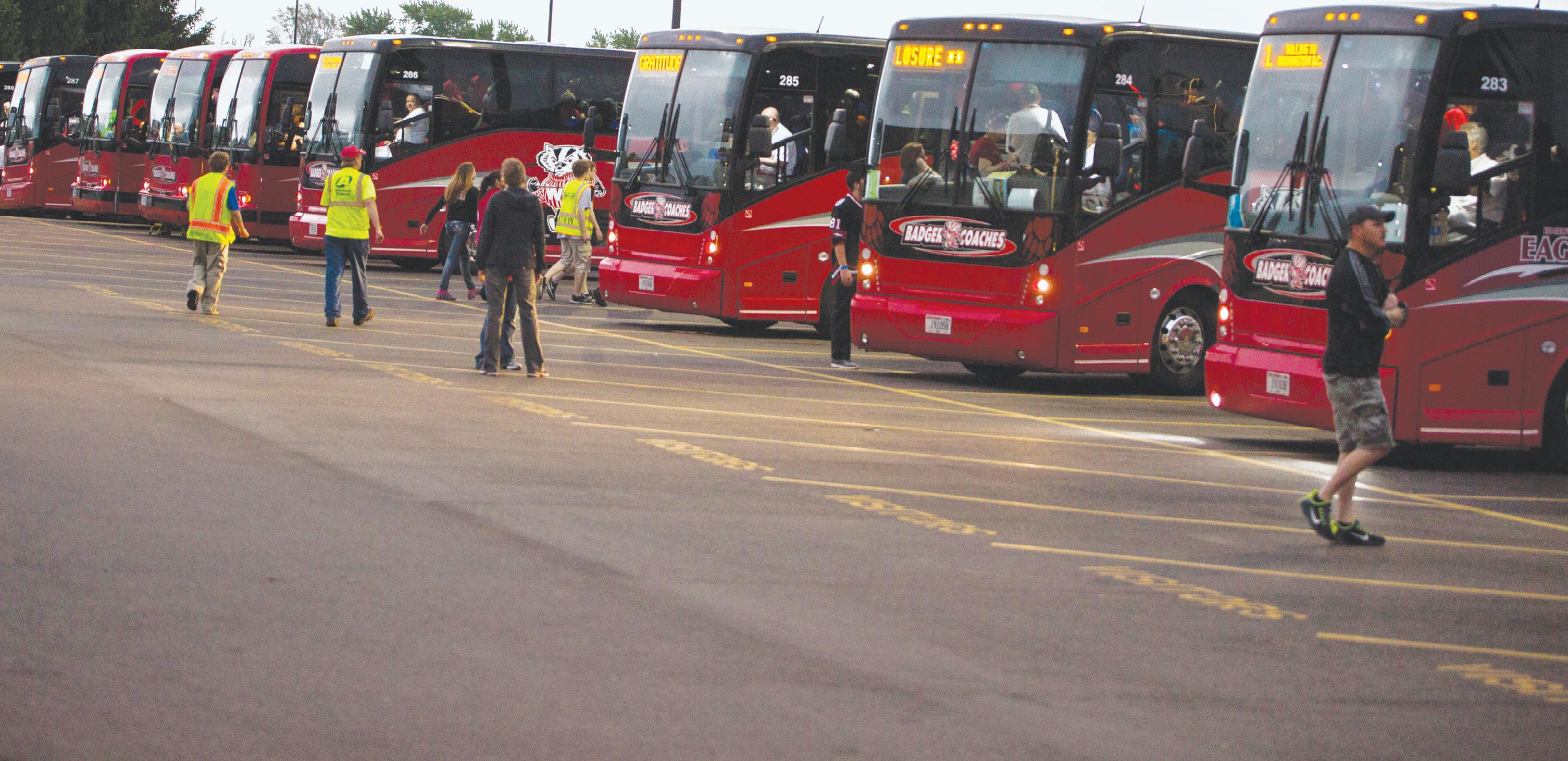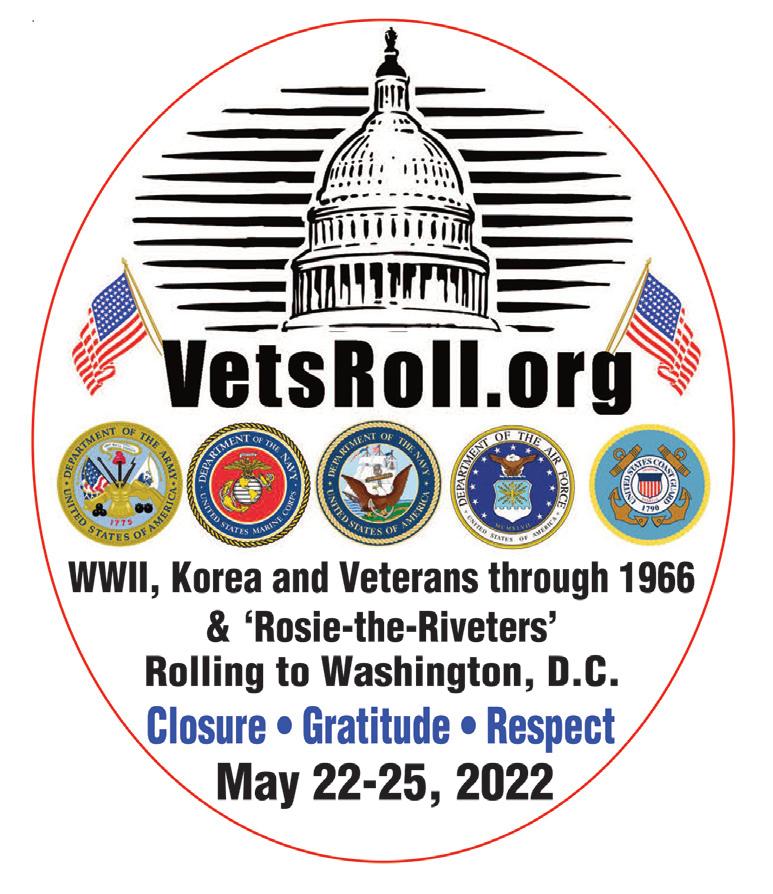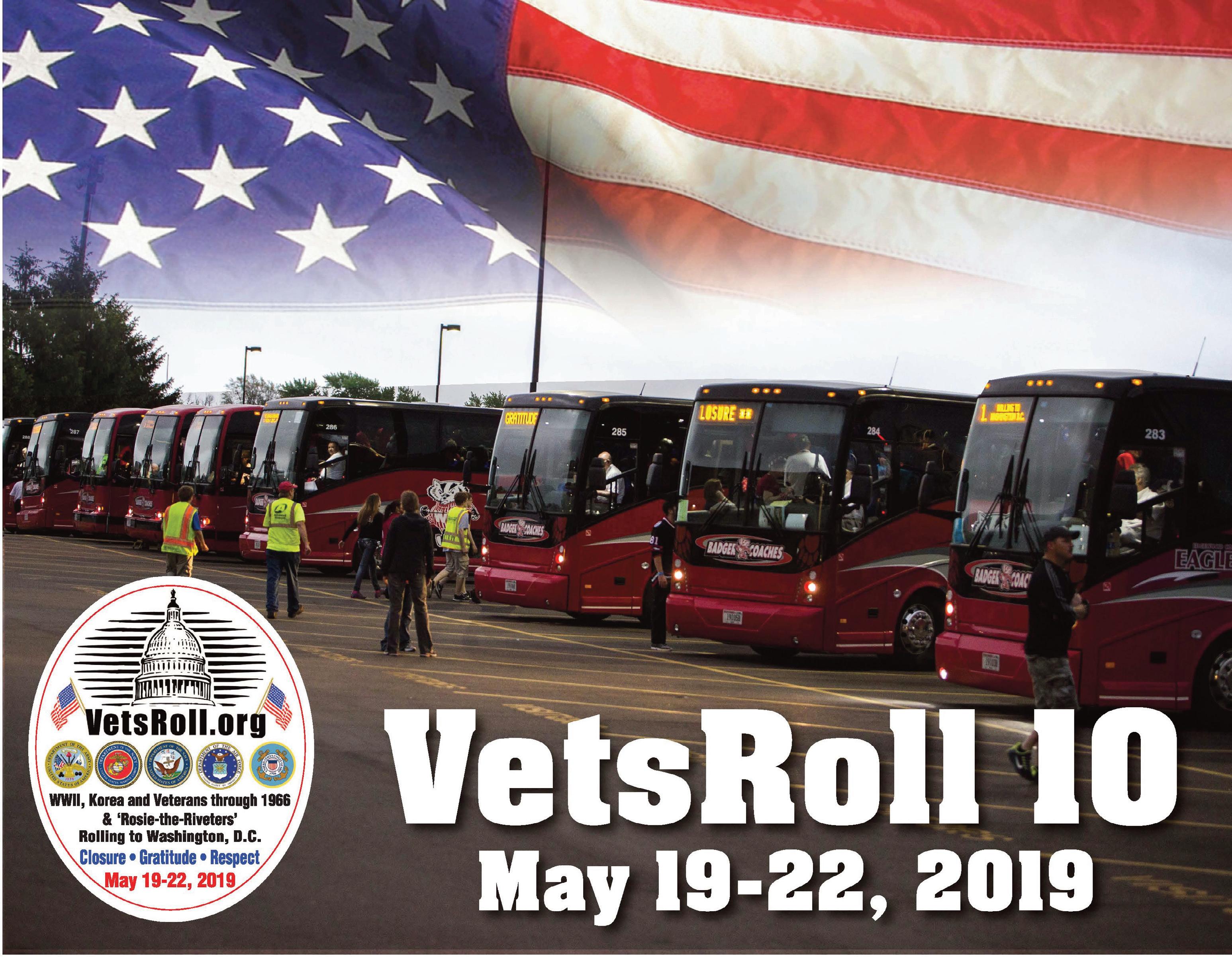
20 minute read
Corporate Members
Support Those Who Support our AssociationSUPPORT THOSE WHO SUPPORT OUR ASSOCIATIONSUPPORT THOSE WHO SUPPORT OUR ASSOCIATION
PLATINUM SPONSORSPLATINUM MEMBERSPLATINUM SPONSORS
GOLD MEMBERS
GOLD SPONSORSGOLD SPONSORS

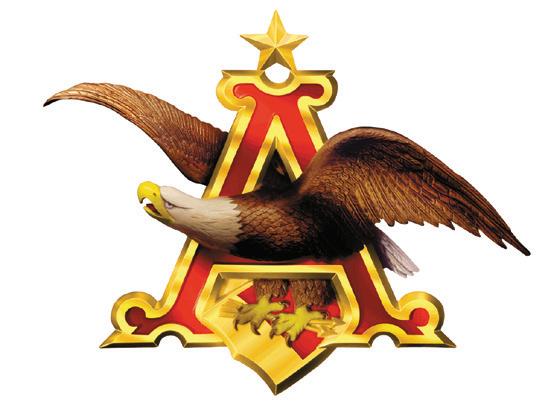

Anheuser-BuschAnheuser-Busch 2012 MEMBERSHIP DIRECTORY
SILVER SPONSORSSILVER MEMBERSSILVER SPONSORS
BRONZE SPONSORSBRONZE MEMBERSBRONZE SPONSORS TAVERN LEAGUE OF WISCONSIN 2012 MEMBERSHIP DIRECTORY
TAVERN LEAGUE OF WISCONSIN


Wisconsin Amusement & Make sure to thank these groups for their support and encourage others not on the list to participate. Any business interested in joining should call the Wisconsin Amusement & Music Operators, Inc. TLW office at (608) 270-8591 for more information regarding the benefits of the different categories. Remember to “support those who support us.” Music Operators, Inc.
One Year Later …

The TLW continues to fight for the rights of its members in the face of COVID-19.
By Amanda West
No one expected that Tavern League members would still be fighting for their livelihoods one year later.
“We’ve been working hard this last year to make things better for TLW members,” says Tavern League President Chris Marsicano. “We’ve been trying to do what we can to help them survive, whether that’s legal, legislative or administrative.”
March 17 marks one year from when life turned upside down for Tavern League members — the day when bars, taverns and restaurants were quickly shuttered because of the rising threat of the coronavirus. And over the last year, the Tavern League worked on numerous fronts and at multiple levels to fight for the rights of members to usher in some financial relief.
As the state, nation and world continue to claw back from the depths of the pandemic with steps toward “normal,” here’s a look back at the victories the TLW was able to secure in the last 12 months, as well as a look to what’s ahead.
ACTION IN THE COURTS
During the first few weeks of Wisconsin’s Safer at Home order, originally in effect from March 25 to April 24, 2020, the league worked through its options with the assistance of legal counsel from Godfrey & Kahn S.C. On April 29, 2020, the Tavern League filed an amicus brief with the Wisconsin Supreme Court in support of the state Legislature in the case of the Wisconsin Legislature v. Palm. The lawsuit, explains Zachary Bemis, an administrative and regulatory attorney with Godfrey & Kahn, challenged the governor’s authority to issue the Safer at Home order without following the administrative rules process. “The rulemaking process is important because it provides the opportunity for stakeholder input,” says Bemis. “The approach the governor took deprived groups like the Tavern League of any ability to participate.” By avoiding that process, the Tavern League, as a representative of one of the prime groups affected by the order, couldn’t stand up for the needs of its members.
In a 4-3 decision on May 13, 2020, the Wisconsin Supreme Court sided with the Legislature (and the Tavern League), and ruled the Safer at Home order invalid and unenforceable as it failed to follow the emergency rulemaking process.
“Tavern League is always trying to do the right thing from the perspective of public health and safety, but there is a balance that has to occur with business, jobs, employers and the economy,” says Bemis. “Had [public health officials] come up with other proposals that would have been reasonable so we could continue to operate, and not deprive owners and employees of income, while protecting public safety, it would have been different.”
Scott Stenger, the Tavern League’s lobbyist, lauds the decision as crucial for members. “This was a significant win for us and our members. Had we not prevailed, I’m convinced we would be closed today. I think we would have stayed closed and some states have done that,” he warns.
Marsicano concurs: “I strongly believe that, if we hadn’t jumped on board with [the lawsuit], bars would have stayed shut down statewide. Wisconsin is much luckier than our neighbors, like Minnesota, Michigan and Illinois, where they’re just starting to open up.”
Unfortunately, however, the Tavern League had to return to court last fall to challenge Emergency Order #3. Issued by the Wisconsin Department of Health Services on October 6, 2020, the order put new restrictions on public gatherings, limiting businesses to 25% of their total occupancy limit. Where there was no local occupancy limit, the maximum capacity was 10, including employees and customers. Many of Wisconsin’s rural areas lack maximum occupancy limits, which would have capped capacity at 10, regardless of the size of the establishment, and closed businesses.
The TLW filed a lawsuit in Sawyer County, along with the Sawyer County Tavern League, to challenge the order as unenforceable because of its failure to adhere to the rulemaking process and because it exceeded the Department of Health Services’ authority.
“What was so shocking, and led to Tavern League vs. Palm, was that it was essentially a mirror image of the Supreme Court decision from the spring,” says Bemis. “It was a total déjà vu moment and the state essentially did the same exact thing the Supreme Court said they couldn’t do in the spring.”

After winning in appellate court, the lawsuit remains pending in the Wisconsin Supreme Court.
— Zachary Bemis, Godfrey & Kahn S.C.
LOCAL ACTION
Bemis and the TLW also tackled issues that cropped up in individual counties throughout the summer and fall.
“We had a handful of counties that would pipe up, and try to do things to close bars and restaurants that was outside of their authority,” says Bemis. For instance, in September, Ashland County proposed a closure order. Within 48 hours, the Tavern League had the order rescinded.
In early December, a similar issue emerged in the city of Hudson, when officials tried to impose closing hour restrictions on bars and restaurants, inconsistent with the uniform closing hours established in state statutes.
“Those are the sort of quick actions the Tavern League was able to take to stand up for its members to allow them to continue to operate,” says Bemis. “We are not saying no to restrictions, but state or local governments have to act within their prescribed authority. You have to act within your limit of powers and those powers are limited for the reason that we live in a representative democracy.”
Stenger and Bemis admit that it’s challenging to make headway in Dane and Milwaukee counties, but both are heartened to see Milwaukee County’s recent efforts to loosen restrictions, allowing bars and restaurants to operate with higher capacity limits. “Some of what you saw Milwaukee do has roots in what was proposed by the Tavern League early on,” says Stenger. The events of the last year highlight the importance of being a member of an association like the Tavern League.
“We have demonstrated from Day 1 that we are going to be the voice for our members, and work like hell on big things and little things to get through this unprecedented interruption in business,” says Stenger.
And even the little things can make a big difference.
With businesses closing at 5 p.m. on March 17, 2020, for instance, there were coolers stocked full of product for the St. Patrick’s Day holiday. The TLW immediately started a dialog with wholesalers that agreed to buy back some product. “Otherwise,” says Stenger, “we’d be on the hook for all of the product, product that couldn’t be sold because of the shutdown. That’s a little change, a little win, but significant.”
Moreover, less than two weeks after the closure, the Tavern League introduced Communities Helping Empower Employers to Remain Successful, or C.H.E.E.R.S., a charitable fund to benefit members. All proceeds of the fund were paid out equally to members across the state that were in good standing as of February 29, 2020. C.H.E.E.R.S. was created on the premise that industry partners, businesses that were weathering the shutdown far better than Tavern League members, would bolster the fund. All told, the fund raised $226,000 and each member received $55.
“As far as our effort with C.H.E.E.R.S., the intent was honorable, the results less than we expected,” says TLW Executive Director Pete Madland. “We hoped for more industry participation and we greatly appreciate those who did support the fund. While $55 wasn’t a life-changer, it was the right thing to do.” Badger Liquor provided the largest contribution at $100,000; all donors are listed at tlw.org/cheers.
In April 2020, the TLW also took swift action to address license fees, which are due July 1 annually. Marsicano sent letters to all of the municipal clerks in Wisconsin, asking them to waive or reduce fees. The state league also provided information to local leagues to advocate on their behalf with local communities. “We were pleased to see a vast majority [of municipalities] agree to lower or waive fees,” says Stenger. “It was not the biggest issue we dealt with, but it made a big difference for our members.”
The Tavern League addressed payments to wholesalers as well. By statute, explains Stenger, owners have 30 days to pay for beer and liquor; if they don’t, they can lose their liquor license when it comes due. The TLW worked with the Wisconsin Department of Revenue and Secretary Peter Barca to waive that requirement if an establishment couldn’t pay their wholesaler bills due to the pandemic.
“Even if a municipality wanted to reissue a license, the statute says they ‘shall not,’ so waiving it locally wasn’t an option. This was an important change at the state level,” Stenger points out.

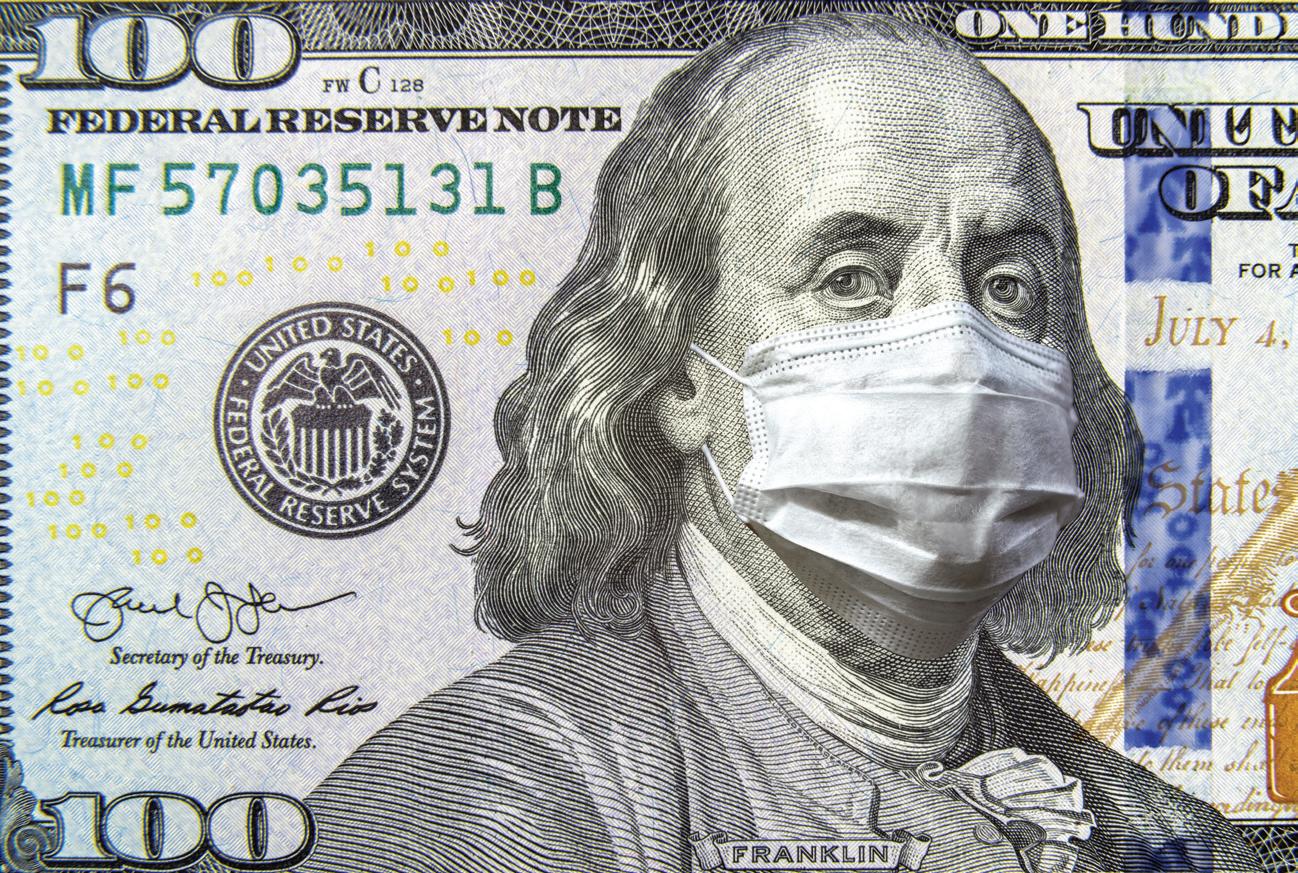
UNEMPLOYMENT RESOURCES
UNEMPLOYMENT INFORMATION FOR CLAIMANTS: dwd .wisconsin .gov/uiben
WHAT’S AHEAD?
The Tavern League continues to advocate for its members on a variety of fronts.
In mid-February, thanks in part to the TLW, Gov. Tony Evers signed a bill that allowed loans administered through the federal government’s Paycheck Protection Program (PPP) to be tax-deductible under Wisconsin’s tax code. Before the bill was signed, PPP loans were only deductible under federal law.
“We became aware of this early on through Chris [Marsicano], whose accountant told him about it,” says Stenger. “We contacted legislators and, soon after, a number of groups joined forces to get the bill moving and passed.” Without the bill, he adds, small businesses in Wisconsin would have lost more than $450 million in state tax deductions.
Furthermore, the Cocktails to Go bill, which would allow bars and restaurants to sell premixed cocktails for carryout, has bipartisan support and is expected to pass both houses in March. “Thirty-three states have it and there’s not any opposition to it in those states,” says Stenger. “It’s great for Old Fashioneds, Bloody Marys and margaritas, and provides an economic shot in the arm. We appreciate when customers come for to-go orders, but the profit margin on food is not great — it is on booze. It’s another small change that means a lot.”
There was also language in the governor’s budget, which was introduced in February, that would provide for an expanded grant program for small businesses. “There is no dispute that our industry is among the hardest hit and I think we need to earmark that grant program for this industry, specifically to hospitality, to get back on our feet,” Stenger suggests.
“We continue to look for ways to do what we can to ease the financial burden COVID-19 has brought to our members,” says Marsicano of Tavern League’s ongoing work. “We have always looked out for our members. This is why you belong to an association like the Tavern League. It’s times like these. No one will look out for the small guy like us. We are one big family and we do the best we can.”
Madland adds, “We can’t help everyone and not every story will have a happy ending, but the work we’ve done in the last year shows we will fight like hell to do whatever we can.” TLW
UNEMPLOYMENT INFORMATION FOR EMPLOYERS: dwd .wisconsin .gov/uitax
CORONAVIRUS AID, RELIEF AND ECONOMIC SECURITY (CARES) ACT (A.K.A. FEDERAL STIMULUS BILL) AND THE CONTINUED ASSISTANCE ACT OF 2020
In late December, the Continued Assistance Act of 2020 (formerly known as the Emergency Coronavirus Relief Act) was signed . Learn more about the benefits available, including pandemic employment assistance for those not otherwise eligible for unemployment insurance, at dwd .wisconsin .gov/uiben/caresact .
Because your customers have expectations for what you serve, we hold your chicken to the highest standards. Whether you add your culinary touch or simply heat and serve, you’ll have a team of experts with over 95 years of experience working to make chicken that performs exactly how you need it to. That includes menu staples like fillets, tenders, and wings, plus specialty items like chicken burgers and breakfast sausage.

The Best Menus Are Made together.


Create your menu with a rep who knows all there is about chicken at www.brakebush.com or call 1-800-933-2121.
Good People. Great Chicken.


MEMBERS FIRST
Pete Madland’s dedication will have a long-term impact on the Tavern League.
By Maura Keller
Every once in a while, a person comes along that truly exemplifies what it means to be a leader. You know the ones. They delight in each and every leadership opportunity they have, and they empower their constituents to reach beyond their goals. Pete Madland, who has served the TLW in various capacities for more than 30 years, is one such person. His knowledge, approach and dedication inspire people — both then and now.
Pete was originally elected to the state board of directors in 1989, and served both Barron and Pierce counties as president. Then he was elected state president in 1995 and served until 2001, when he took on the role of field representative for the Tavern League until 2005. At that time, Pete became the TLW’s executive director, a role he has held for over 15 years. For more than 31 years, Pete has had a tremendous impact on the TLW and its members.
Sharon Ward, secretary of the Milwaukee County Tavern League, has worn many hats within the TLW as well. As such, she has had many opportunities to see first-hand Pete at work. Ward stresses that Pete is a force within the Wisconsin tavern industry. Throughout his tenure, his contributions have been many and diverse. Ward says that Pete brings a sense of belonging to members — whether they are small mom-and-pops or large hotels and convention centers. He continually offers guidance on a wealth of issues and helps member leagues determine how they can be a part of the big picture, encouraging members within the leagues to step up and be a leader for that league.

“Pete’s impacts to the tavern industry have surpassed what was expected when he was brought on as executive director,” Ward acknowledges. “Offering Pete this position was an opportunity for the TLW to move into the realm of large associations and direct the path the tavern industry follows going forward.” The TLW board of directors chose Pete after a thorough review of the six years he served as TLW president and his experience as a leader in a local league.
“Pete’s main impact, in my opinion, has been his ability to create agreement among 5,000 members over issues that should have decimated the TLW,” Ward says. “Pete is no pushover and is able to stand his ground. The Wisconsin tavern industry has recognized Pete as a voice of stability and honesty, and his willingness to use the strength of member voices. He impacts public opinion with a common-sense approach, and an ability to instill confidence and trust in the members and their customer base.”
John Bodnovich, executive director at American Beverage Licensees (ABL), says that one of Pete’s most important qualities is his belief in asking tough, direct questions. It doesn’t matter if it’s the CEO of a global liquor company, a member of Congress or one of his colleagues, Pete always wants to ensure he can make decisions or counsel TLW
“I know Pete’s background is as a tavern owner, but he’s a natural association executive who understands that member service is the lifeblood of any successful association, and getting answers to hard questions is an important part of that,” Bodnovich says.
Robert “Bubba” Sprenger, a former TLW president, says one great example of Pete’s ability to get things done is when TLW members were being hit with large fee increases in music licensing. He testified in Washington, D.C. before the House Judiciary Committee.
“Pete testified and challenged Sen. Sonny Bono (of Sonny & Cher), a committee member, regarding copyright fees being paid to songwriters and composers,” Sprenger says. “Pete used his common-sense approach to [clarify] what was really happening. The fact that Pete was able to wear many different hats, while maintaining the ‘members come first’ TLW motto and when dealing with organizations like the American Beverage Institute (ABI), ABL and many others, is going to have a lasting impact on the tavern industry. Corporate America does not think like TLW members, and Pete was very effective in relaying our message and our ideals. Pete is held in high esteem by national organizations as well as by TLW members.”
While Bodnovich has plenty of anecdotes to share, the trait that transcends them all is Pete’s passion for the people who are in the local bar and tavern business.
“Maybe it’s because he walked in those shoes himself, but Pete truly cares about TLW members,” Bodnovich says. “It might be the couple who’s been running a supper club for 40 years or a young tavern owner who is trying to make his mark, or any number of other characters who make our industry so fun and relatable. Pete wants them to succeed and that personal care for his members exemplifies what he is all about.” The attention Pete pays to TLW members, as well as the utmost care he bestows on them, is what makes him stand out among his peers with other associations. In fact, whenever Bodnovich is with him, he is always taking and responding to calls, and working hard on behalf of his members.
“I can’t tell you the number of times he has called me and started off the conversation with ‘I just got off the phone with a tavern owner — in some small town in Wisconsin — who has a question …’ Fellow executives from other state retail alcohol associations have a deep respect for the TLW’s operation and organization, and a lot of that is thanks to Pete,” Bodnovich says.
— John Bodnovich, American Beverage Licensees
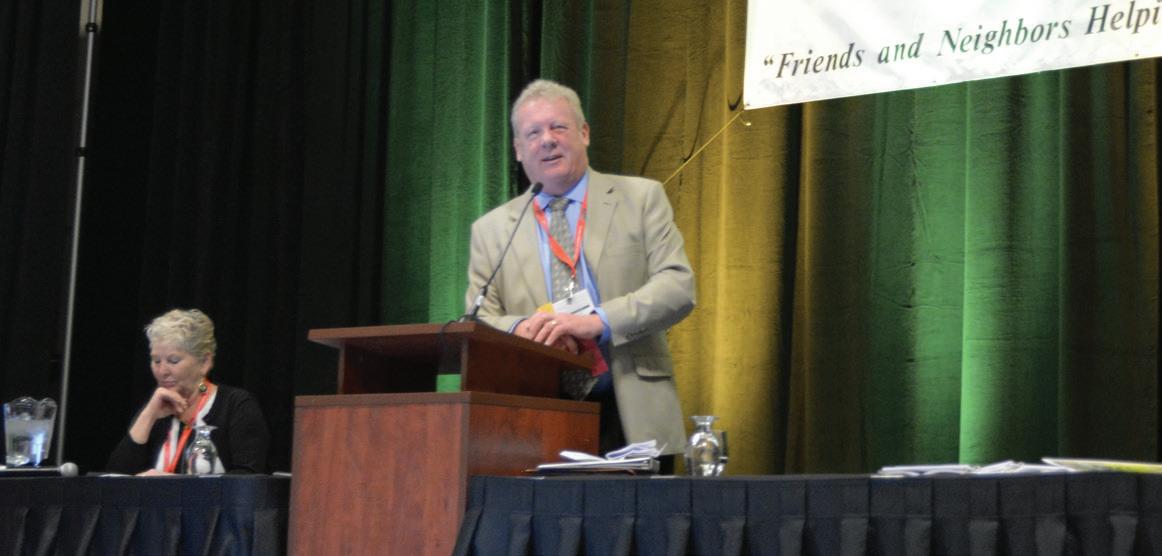
TLW Executive Director Pete Madland takes the podium at the 84th Annual Fall Convention & Trade Show in Green Bay in 2019.
CLOSE CONNECTIONS
Rob Swearingen, past president of the TLW, believes Pete has been instrumental in elevating the name recognition and presence of the TLW, not only on the state level, but on the national level as well.
“His leadership skills were evident early on, especially when he was elected as TLW president,” Swearingen says. “Whether Pete was working on behalf of the TLW in Madison or Washington, D.C., his passion for the association was always clear.”
Associates agree that membership has always been one of Pete’s top priorities. He’s never taken member dues for granted. As Swearingen explains, anytime Pete would spend money, he would always equate it to how many memberships it would take to cover the cost.
“He was conscious and frugal with TLW assets,” Swearingen says. “He was the best membership salesperson we ever had. Anytime he identified a local league with membership sliding, he was always quick to offer his services, and as TLW presidents, we got invited to plenty of local league events. Pete used to joke with me about how many different ways a chicken dinner could be prepared … pretty sure it was in the hundreds!”
And while Pete has illustrated what it truly means to be a leader — helping to elevate the TLW throughout the nation — above all, he is a friend to many. “I know that I am
— John Bodnovich, American Beverage Licensees
not alone when I say that he is a friend. Many consider the TLW a family and Pete has been responsible for keeping those ties,” according to Swearingen. “Over the years, Pete and I have maintained a great relationship. Although we don’t get a chance to see each other as often anymore, I know I can call Pete anytime I need a little help, advice or just a good laugh. I’m pretty sure that will continue for years to come. I wish him all my best in his retirement.”
Swearingen is confident that Pete’s presence on the ABL and ABI boards, as well as his participation on many alcohol committees, will continue to resonate throughout the industry. “Pete has been the best representative of the TLW that the association could have had for many years. To Pete, I tip my hat and say thanks. You, my friend, have paid your dues to the TLW and to the industry,” Swearingen concludes.
Ward adds that Pete has set the bar very high for the next executive director of the TLW. “Pete has been an educator to members who may have aspirations to move into leadership. His contacts throughout the industry are well-known, and I hope that the next executive director will have the ability to look back on Pete’s history and use the knowledge he left to continue moving the TLW forward,” Ward says. “He has been a great teacher for many, while still holding them to higher expectations than we thought we could achieve.” TLW
VetsRoll extends a heartfelt THANK YOU to the Tavern League of WI Members and Your Customers
Your belief and support of our program has allowed us to provide CLOSURE*GRATITUDE*RESPECT to more than 2,000 American heroes, since 2010!!
